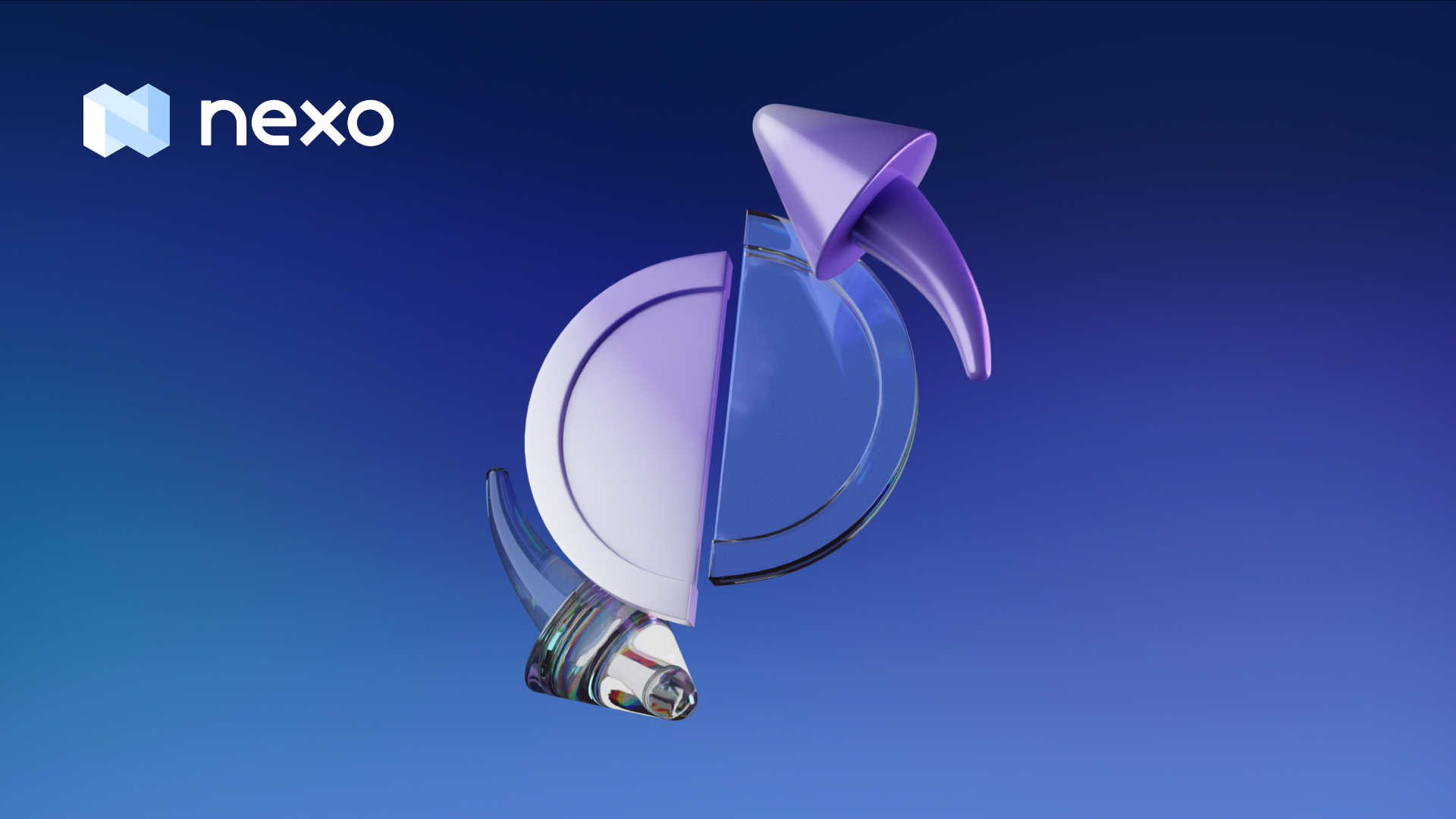What Is a DEX?
Dec 13, 2022•3 min read

A decentralized exchange, or a DEX, is a platform where users can directly trade cryptocurrencies without needing a third party to manage the transactions. Instead of relying on traditional intermediaries like banks or brokers, DEXs use smart contracts on the blockchain to securely and automatically handle the exchange of assets. This allows for a more efficient and transparent marketplace for trading cryptocurrencies.
DEXs are essential to the decentralized finance (DeFi) ecosystem, serving as a building block for more advanced financial products. The permissionless nature of DEXs allows them to be easily combined and integrated with other DeFi tools, creating a wide range of possibilities for innovation in the financial sector.
Types of DEXs
Different designs of decentralized exchanges offer various benefits and drawbacks in terms of features, scalability, and decentralization. The three most common are:
- Order book DEXes
- Automated market makers (AMMs)
- DEX aggregators
Order DEXs
The order book DEXs can be based both on- and off-chain. The former is hosted on the blockchain and automatically executes an order when two orders intersect in price. The latter hosts order books on a centralized entity outside the blockchain and updates the blockchain for each transaction almost instantaneously. The main advantage of the order book model is that it is ideal for highly liquid markets.
Automated Market Makers
An automated market maker (AMM) is a type of decentralized exchange that uses a mathematical formula to automatically set the prices of traded assets on the platform. The formula uses supply and demand data to determine the cost of trading the assets, including any associated fees. This allows AMMs to operate without needing a traditional order book or matching engine.
One of the main benefits of AMMs is that they can facilitate trading in assets that may not have a lot of liquidity on other DEXs. This makes them particularly useful for less commonly traded assets or for facilitating swaps between two assets that may not have a direct market.
DEX aggregators
DEX aggregators, which search multiple DEXs on-chain to find the best price or lowest gas cost for a transaction, are also widely adopted. When a user wants to trade an asset on a DEX aggregator, they specify the amount of the asset they want to buy or sell, and the DEX aggregator will look for the best deal.
DEX aggregators save users time and money and can provide additional liquidity for certain assets by enabling access to multiple DEXs from a single platform.
What Are the Factor to Consider when Trading on a DEX?
Many factors have contributed to the popularity of decentralized exchanges among the crypto community, including increased control and privacy, fewer restrictions and regulations, greater autonomy in managing funds, higher levels of security, and better resistance to censorship and interference.
As the DeFi ecosystem continues to expand, so will the use of DEXs. Keep in mind that these are dynamic platforms and technologies, so it's important to stay informed and do your research. Remember to always keep your keys, phrases, and assets safe.